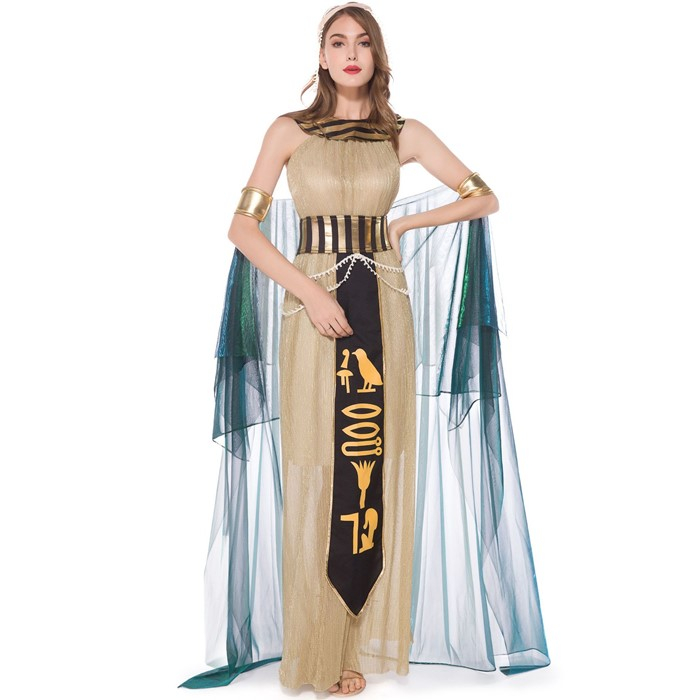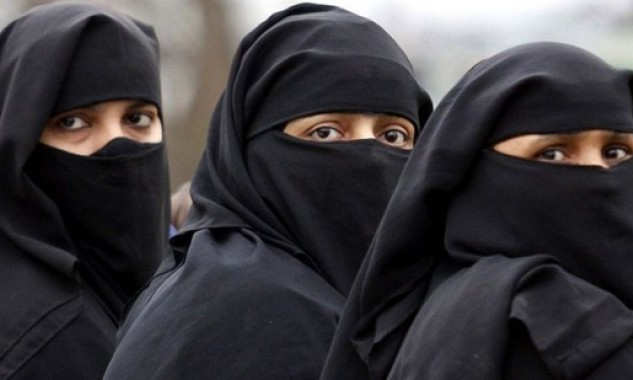Etiquette and Manners in Egypt
In Egypt, public modesty in dress and manners is highly valued. The dress code that affects women more than men requires clothing to cover the entire body except for the hands and face. For women, this most obviously means wearing a headscarf that covers the hair and ears and is clipped under the chin, although there are other styles that range from simply covering the hair to completely covering the face. In this sense, the veil existed in Egypt, but the situation was very volatile, with a lot of upheaval. Many women choose not to wear the veil. In modern Egypt, what is appropriate, mandatory or necessary is hotly debated.
The reasons for face coverings vary widely, from those who believe it is a requirement of Islam to those who cover themselves mainly to please their male and female relatives. Men are also encouraged to dress casually, although the changes are not too dramatic, such as wide-leg pants and long-sleeve tops. The rule for both men and women is that clothes must cover the flaws of the body.
Another rule of etiquette is that greetings must come before any form of social interaction. Anyone who joins a group, even if they are strangers, must greet those already present. Handshakes are expected in less anonymous situations. Hugs are another common form of greeting, usually between members of the same sex. People are often referred to by their specific name, often followed by a title ('am, or uncle, is a title for males; others include hajj for a pilgrim returning from Mecca. or simply for an older man, duktor for a doctorate and muhandis for an engineer). It would be impolite to just address someone by their first name.








